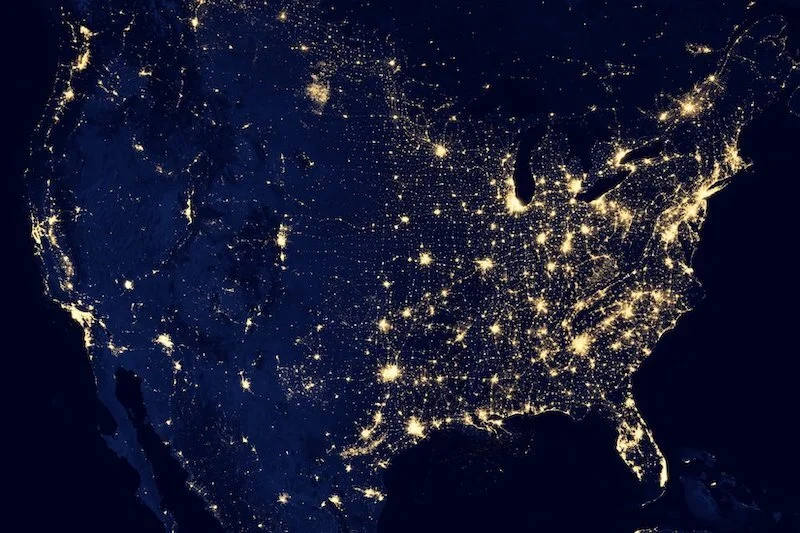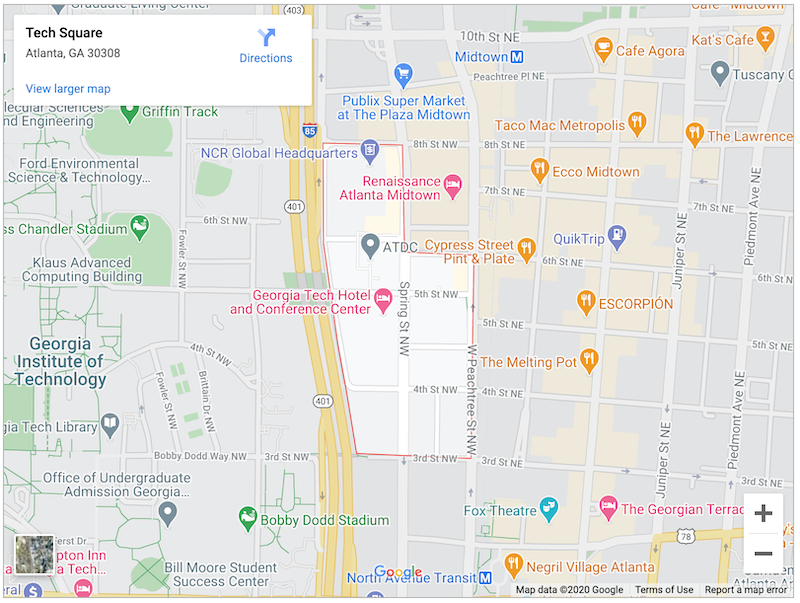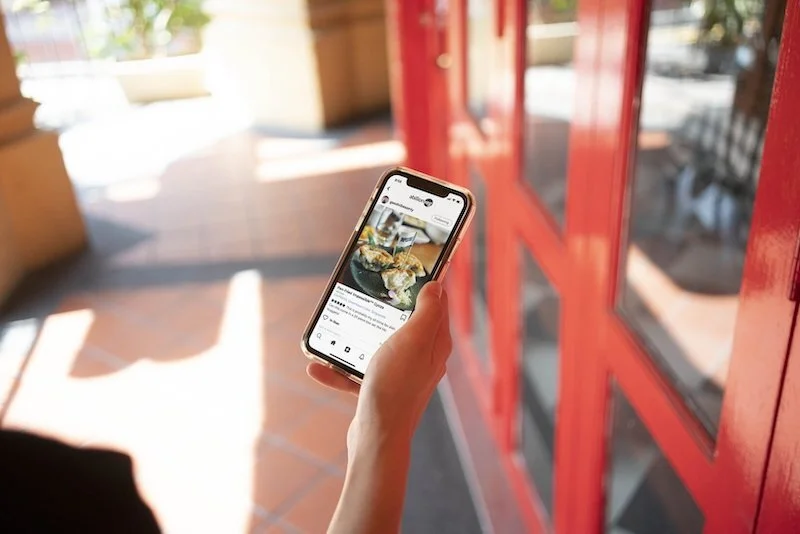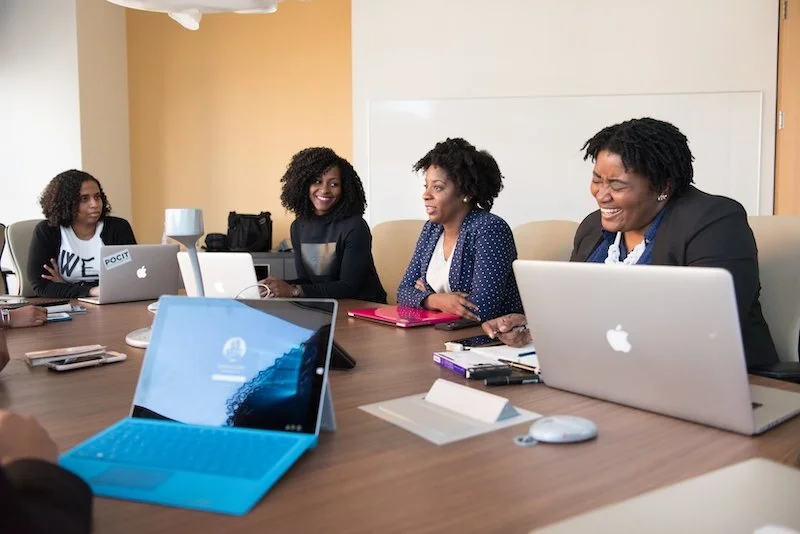How Geofencing Technology Works
On December 8, 1993 the U.S. secretary of defense opened the global positioning system (GPS) for the general public to use. Originally conceived by the Pentagon for military uses, GPS technology has since helped us navigate our daily lives via smartphones and common devices we use throughout the day.
In addition to keeping you from going towards the left at the fork (where you’re supposed to veer towards the right), GPS has also helped influence the decisions you make when it comes to your coffee and lunch plans. When you search “cafe near me” using your smartphone, location services turn on in your operating system to help you find what you need within a geofence.
What is a geofence and how does it work, you ask? For starters, a geofence is a virtual barrier around a real-word geographic area. When location services turn on in your device, geofencing is a feature in your operating system that defines geographical boundaries using GPS.
If you’re like anyone at Tech Square ATL (TSQATL) Social Club, geofencing comes in handy in more ways than finding your next bite in Midtown Atlanta. Take for example, the mobile key access to The Clubhouse. If you’re a Resident member of TSQATL Social Club, then you’ve probably used our mobile key app for 24/7 access into The Clubhouse. The bluetooth in your phone communicates with the cloud-based access control system within our assigned geofence, making your entry through The Clubhouse doors as easy as a tap on your phone. That’s one less steel key weight in your pocket or purse!
In marketing, a business can send text messages and push notifications when opt-in customers are within a specific geofence. “When you download an application like a free weather app, you agree to terms that allow the company to access your location data,” explained Andrew Choi, a TSQATL Social Club member who works as an application developer at a marketing research firm. Depending on the terms and the settings you choose, the app tracks the location you’re in, and in some cases, also keeps a log of the locations you’ve been in. While that may be highly alarming for some, the reality is that having both perfect location accuracy and top-level coverage is a rare combination. If the two coexist, the combination is only available at an extreme cost. “[In most cases,] you don't have to worry about [identifiable information] because there are millions of data points from cellular signals at any given time. [This overwhelming amount of data] can prevent [companies] from pinpointing [the activity of] one specific person.”
Geofencing technology is used by many Atlanta-based companies as part of their software solutions. Below is a list of three companies that utilize geofencing in their platforms, based in Midtown Atlanta:
Mogean (ATDC) is an information services company that helps businesses understand their customers better by providing insights using mobile device location data.
Samsara is an all-in-one fleet tracking solutions platform that utilizes geofencing for their telematic hardware products.
Cardlytics is an advertising platform that partners with banks to run their rewards programs, by using customer purchase history to target customers based on where they shop.
What apps do you trust with your location data (in addition to Pokemon Go, of course)? Let us know in the comments below.
DID YOU KNOW?
As of April 2020, there are 2,666 operational satellites orbiting above Earth. Of those, 97 are used specifically for GPS.




